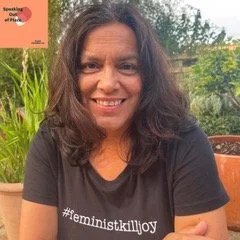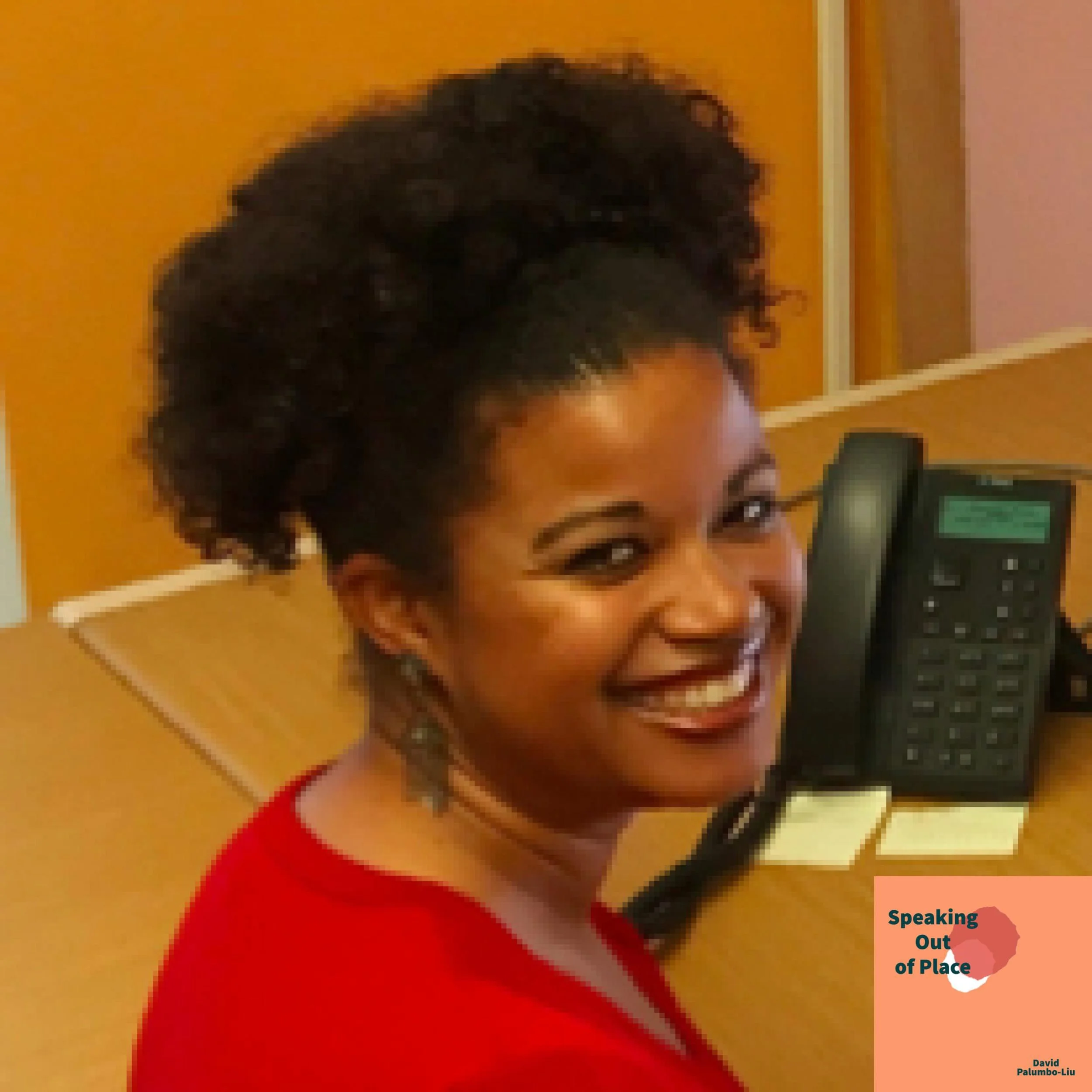The Transformative Power of Writing with ANDRE DUBUS III - Highlights
/NYTimes Bestselling Author
House of Sand and Fog · The Garden of Last Days · Ghost Dogs · Townie
All creative writing is that act of reaching for the pieces to put it back together again. And with the memoir, the essay, it's human memory. Your memory for your own existence. With fiction, it’s a dream world where you're reaching for the shards. Writing is a free fall into the writer's psyche, and if you want some clarity on what you believe, just write something sincere and emotionally naked and read it back to yourself, and you'll see a lot of what you believe, what you think, what you fear, regret, and desire, etc.



















